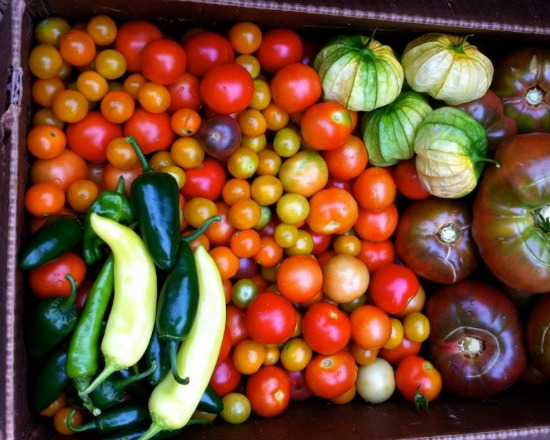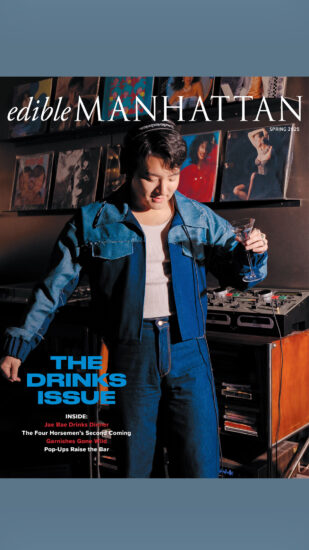Where academia hits the dirt can be a messy place. Contrasting incentives can often put well-meaning scholastic research at odds with community organizations that provide services and education. Since the last few years of media obsession surrounding the “slow” food movement, urban agriculture has gained a level of popularity and romanticism that is usually saved for celebrity chefs or single origin coffee roasters.
But there are two New School professors taking issue with the reality (or lack thereof) behind the media portrayal of quaint backyard chicken coops and roof gardens.
Beyond the Kale: Urban Agriculture and Social Justice Activism in New York City, to be published by University of Georgia Press in late 2014, is the collaborative product of New School professor Nevin Cohen and adjunct professor and food systems researcher Kristin Reynolds.
The book is a product of an ongoing discussion regarding the soul of urban agriculture in New York City.
“The beneficial aspects of urban agriculture do not necessarily include the changes in political and social structures that are at the root of food system and environmental inequities. In fact, urban agriculture may paradoxically mask deeper social injustices and facilitate policies that reinforce inequalities,” says the book’s summary as written by the authors.
The work is a response, at least in part, to the frequent portrayal of urban agriculture as a pet project of young, upper-middle class whites. Cultivation of urban farming would seem to inherently invoke themes of social justice, food security and access, when this is not necessarily their effect.
To further this discussion, the New School Department of Environmental Studies gathered a panel of community leaders, urban farmers and educators to discuss this dynamic and they did so with gusto (watch above).
The prevailing opinion of the panel was that there exists a large disconnect between both academic and media coverage of urban agriculture, and the beneficial results for the community groups doing social justice work.
The coming book and the passionate conversation that took place on February 27 at the New School challenged food-loving thinkers to draw more direct lines between urban agriculture and corresponding academic research to the communities they serve.
Laticia Alanis, cofounder of Latin American migrant rights organization La Unión, which organizes community gardens and food security activities, said that all involved must find a way to popularize the knowledge available when community organizations and higher education work together. If it stays in academia, it goes nowhere, she said.
Perhaps the most poignant input of the evening came from Raymond Figueroa, community organizer and leader based in the South Bronx who has been involved in food security and community farming work on every level — from neighborhood work around Brook Park to city government. He quoted an aboriginal proverb that seemed to resonate with the entire panel: “If you’re here to help me, you can take a walk. But if you have a destiny that is linked with our destiny, I’m with you,” he said.
Panelists also included:
Maggie Cheney, director of farm and education for Ecostation: NY and the Bushwick Campus Farm
Isobel Contento, director of the Tisch Center for Food, Environment and Policy at Columbia University
Yonette Fleming, an urban farmer and educator at the Hattie Carthan Community Market in Bedford Stuyvesant Brooklyn
Nicholas Freudenberg, professor of public health at the City University of Public Health and Hunter College
Odalys Diaz Pineiro, assistant to the president and director of special projects at Hostos Community College
Featured photo credit: Facebook / Bushwick Campus Farm



